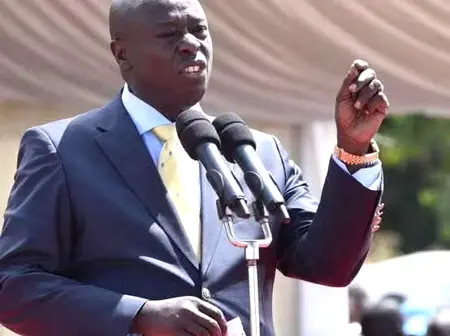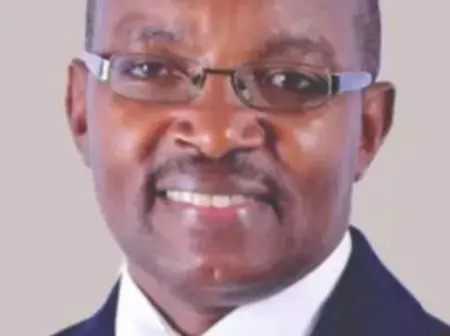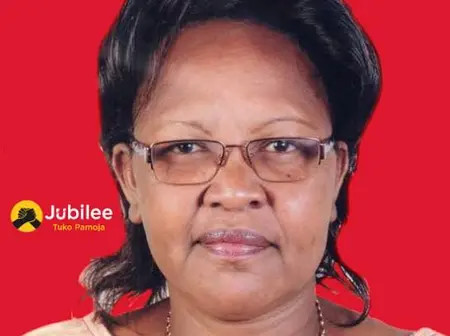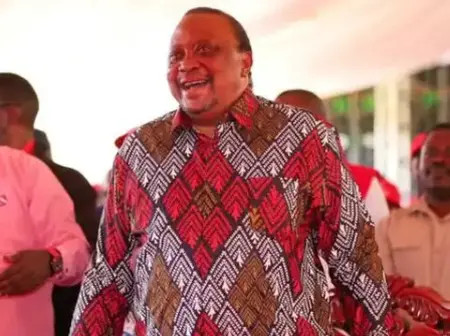
Rigathi Gachagua has once again stirred political debate in the Mt Kenya region after warning voters against what he described as “proxy parties” allegedly sponsored by President William Ruto. Speaking over the weekend, the former Deputy President urged the region to remain vigilant and avoid being swayed by leaders who, he claimed, are being heavily funded by State House to undermine unity in the mountain.
Gachagua, who has fashioned himself as the defender of Mt Kenya interests, said that the region risks being divided through carefully orchestrated political maneuvers meant to weaken its bargaining power ahead of the 2027 general elections. According to him, President Ruto has discreetly empowered a section of leaders in Central Kenya to champion alternative political outfits that could dilute the influence of the dominant local voice.
Without mincing words, Gachagua pointed a finger at former Cabinet Secretary Moses Kuria, among others, accusing them of acting as political projects designed to destabilize the community. He warned that history has shown how Mt Kenya has often been weakened when it fails to speak with one voice, leaving it vulnerable to manipulation from outside forces. “Our people must remain vigilant against proxy parties sponsored by Ruto,” he stated firmly, insisting that such moves are only meant to confuse voters and scatter their political strength.
The remarks have sparked renewed discussions within Mt Kenya’s political circles. Some leaders allied to Kuria dismissed Gachagua’s claims, terming them baseless and divisive, while others quietly admitted that the fears of political infiltration are not unfounded. Observers note that Ruto, who has consistently sought to consolidate his political influence nationwide, is unlikely to ignore the strategic importance of the region, which played a decisive role in his 2022 election victory.
As the political temperatures rise, analysts warn that early divisions in Mt Kenya could either hand Gachagua significant grassroots support or isolate him further from the ruling coalition. One thing remains clear: the battle for the heart and soul of Central Kenya is only beginning, and the question of loyalty, unity, and survival will dominate the region’s political discourse in the coming months.
SOS




